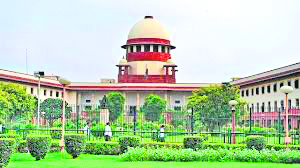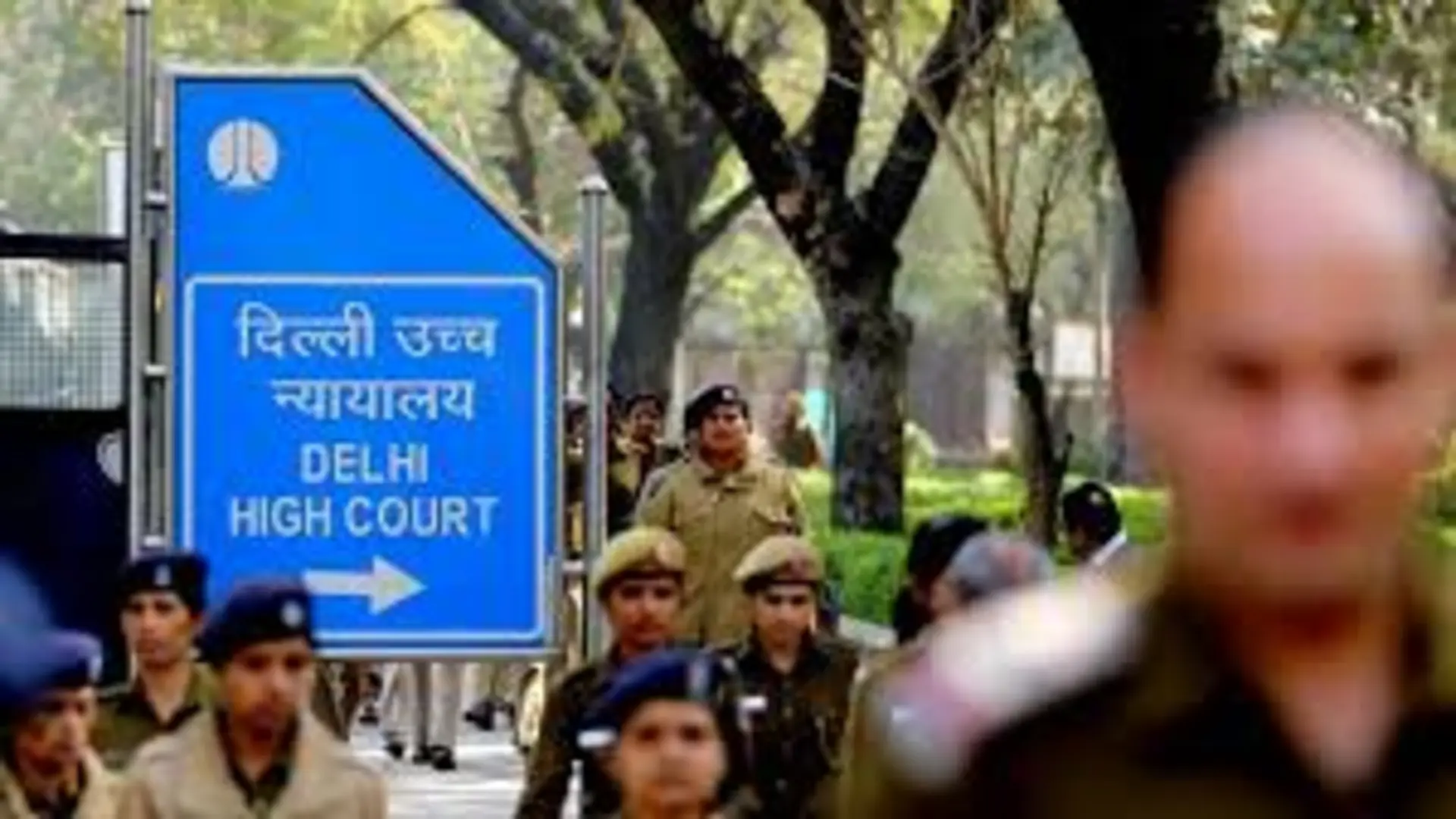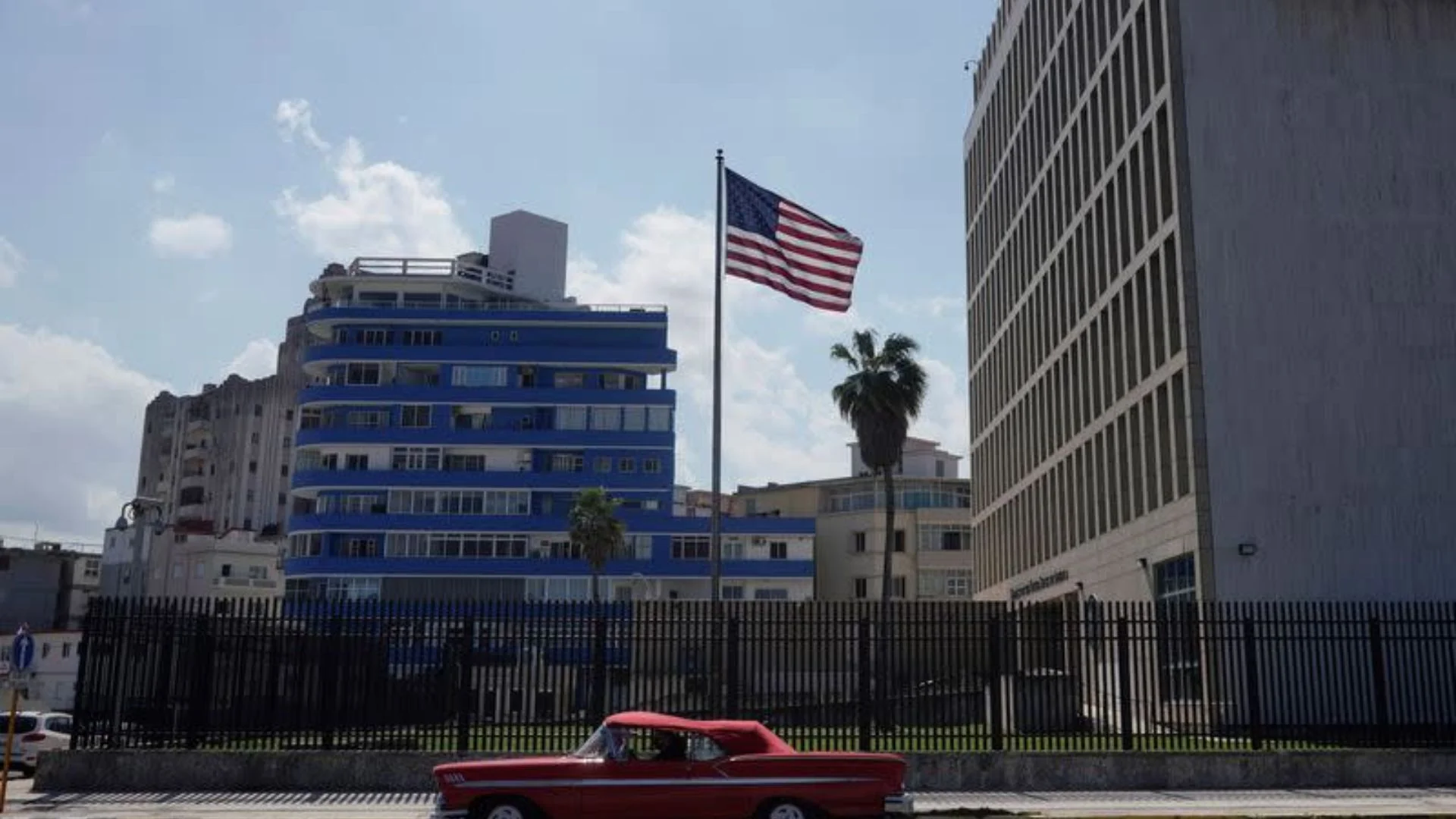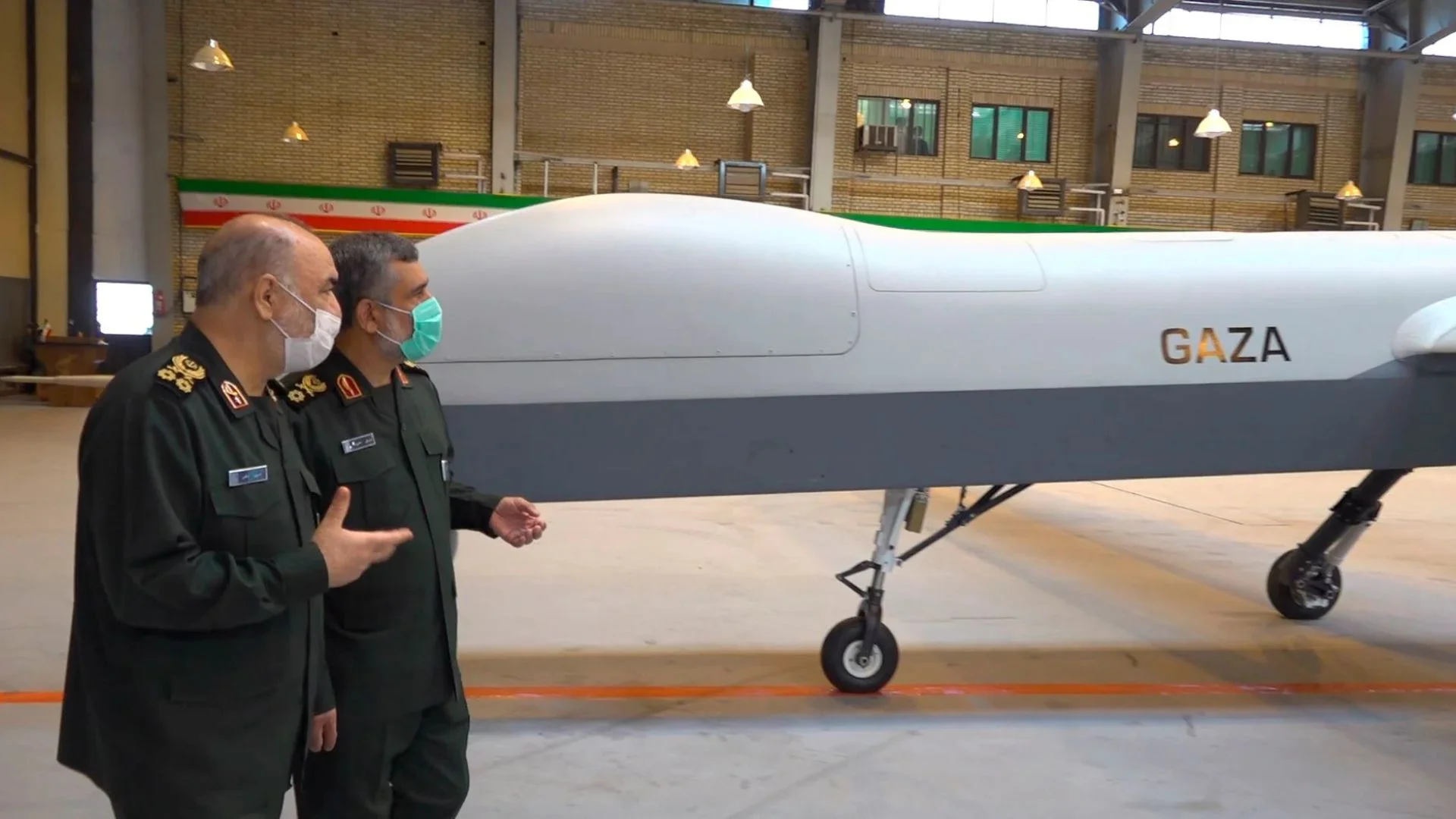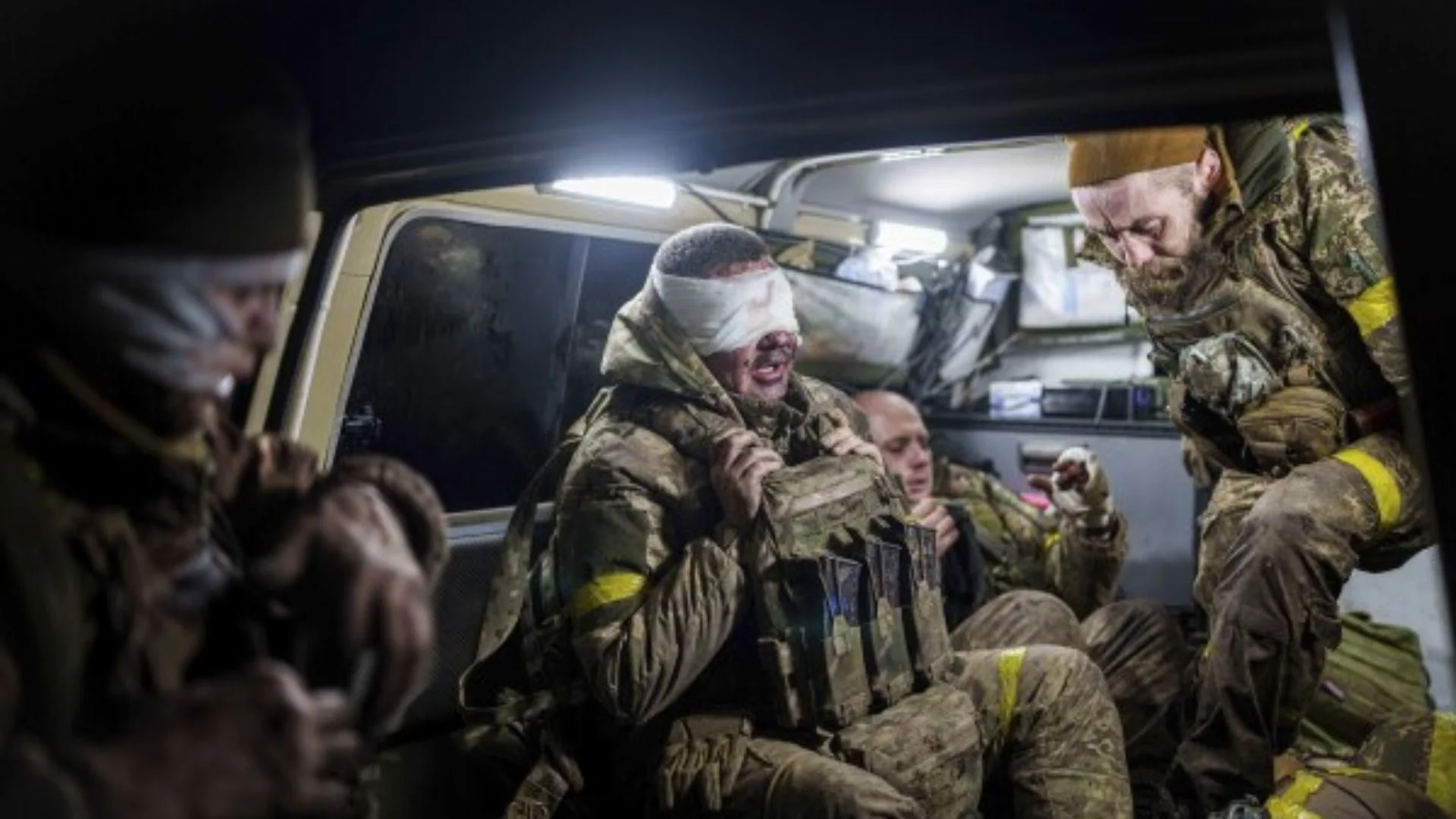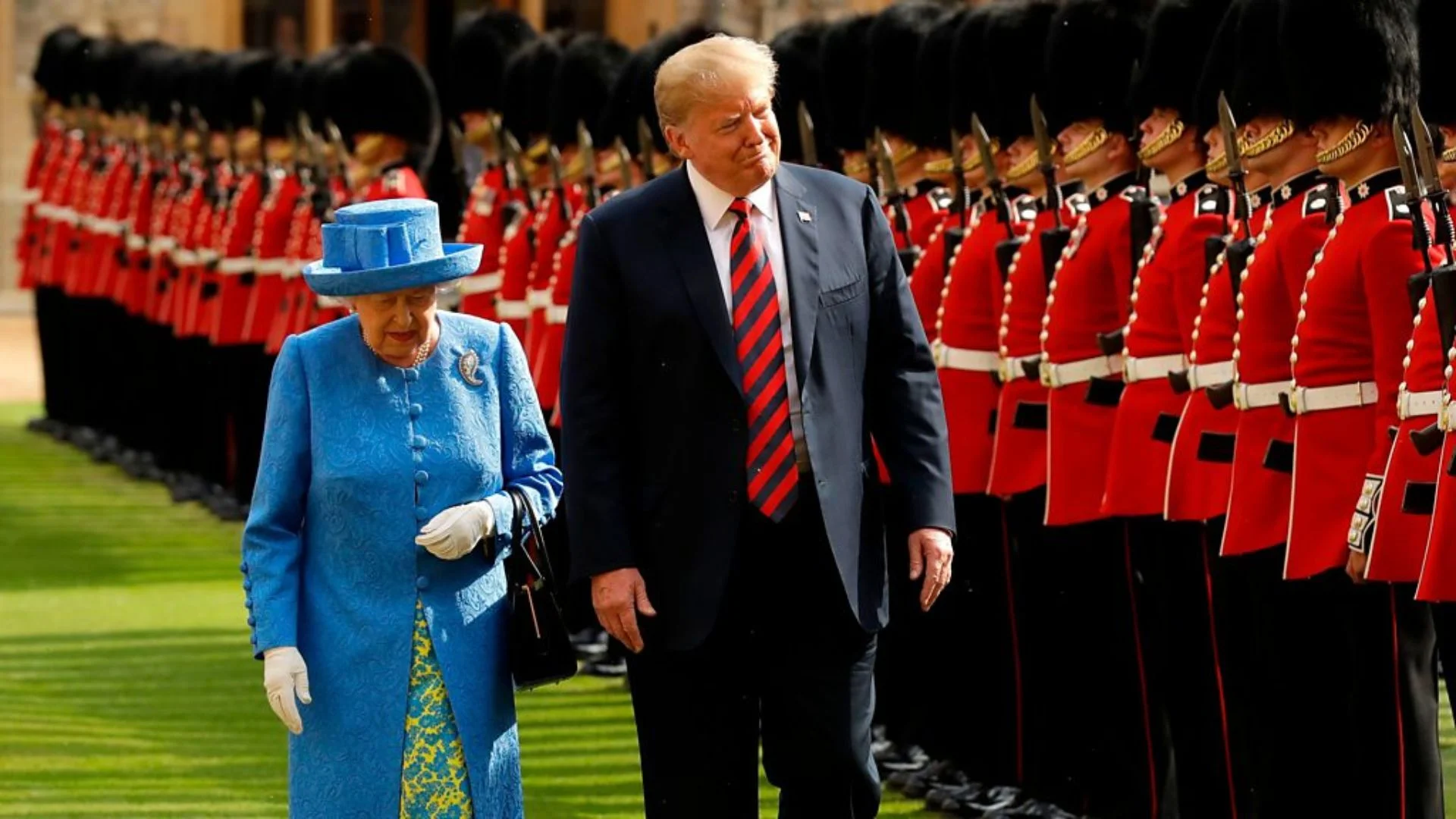The Supreme Court in the case Vishal Tiwari v. Union of India & Anr observed wherein the Public Interest Litigation, PIL was moved raising the issue of train accidents in India.
The Supreme Court in the case directed the Attorney General for India to apprise the court of protective systems in place to avoid train collisions, or those that are sought to be implemented, including the Union government’s ‘Kavach’ scheme.
The Division bench comprising of Bench of Justice Surya Kant and Justice KV Viswanathan in the case observed and has directed the petitioner-Advocate Vishal Tiwari to serve a copy of the petition with the office of the Attorney General R Venkataramani within 2 days.
The bench stated that the Learned Attorney General shall apprise the court on the next date of hearing with respect to the protective measures implemented, or proposed to be implemented, by the government of India, which includes the Kavach scheme.
The bench in the case asked the petition that if any exercise had been undertaken to ascertain the financial implications of implementing the scheme on pan-India level.
The bench of Justice Surya Kant in the case observed and has remarked that everything has correlation with the financial aspect, because ultimately this burden will be passed on to the passengers of course.
Adding to it, the petitioner replied that the government was running many programmes and the financial aspect shall not come in the way of ensuring public safety.
The Public Interest Litigation, PIL moved seeking a direction to the respondent-Authorities for implementation of the ‘Kavach’ scheme, calls for immediate setting up of an expert commission, headed by a retired judge of the court and consisting of technical members, to analyze the current risk and safety parameters in the railway system, and to submit a report suggesting modifications.
Therefore, the plea seeks setting up of an enquiry commission to probe into the Odisha Train Accident that took place on June 2, 2023.
The court stated while citing the Odisha train accident, the Public Interest Litigation, PIL alleged that non-implementation of Kavach system has resulted in massive destruction in the form of loss of life and damage of public property and the same is attributed to negligence of government authorities and their deficiency in commitment to protect fundamental rights of the people of India. The petition moved stated that the judicial interference is necessary to ‘mitigate further consequences.’
It has also been mentioned that an Advisory letter was written to the Government in 2023 by the Principle Chief Operations Manager (Southern Railways) to the government for paying attention to the signaling system and rectify flaws in the SWR Zone, and it should have been taken seriously by the government.
The court stated that ‘Kavach’ helps in case a locomotive pilot ignores signals and over-speeds, as well as in bad weather conditions, claims the petition.
Adding to it, the plea stated that it was designed to bring a train to a halt automatically if it detects another train on the same line within a specified distance. The court while considering the facts and circumstances of the case stated that an indigenous Automatic Train Protection, ATP System, ‘Kavach’ was announced by the government in the 2022 Union budget as part of Atmanirbhar Bharat initiative.
It also facilitated the prevention of accidents by controlling the speed of a train by automatic application of brakes in case the loco pilot fails to do so.

